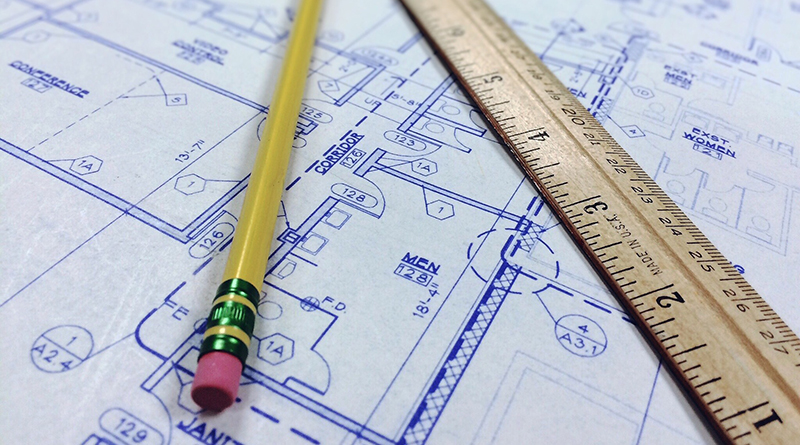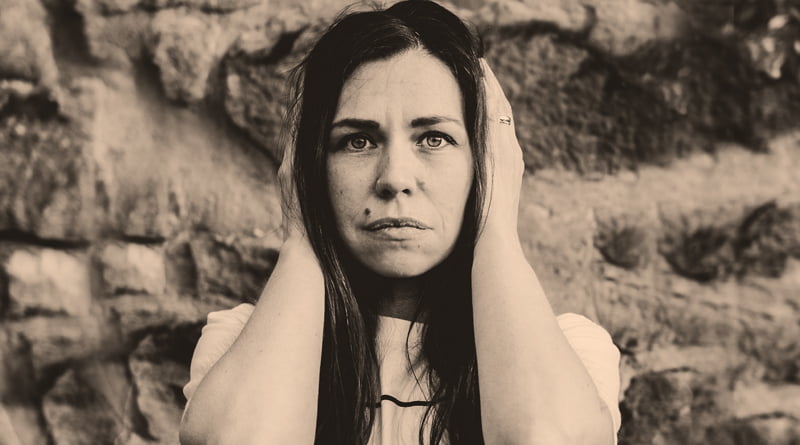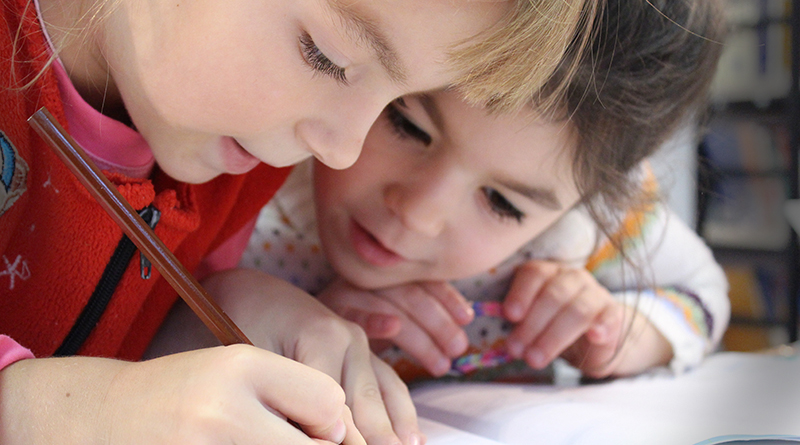
Lessons Learned: Building the “Most Autism Friendly City in the World”
By Denise Resnik
Community building is a process. It requires vision, passion, grit, resilience and an ability to connect dots—lots of them. It also requires sound strategies and fundamentals, which we’ve been sharing with families across the country in ever-increasing numbers thanks to two PBS NewsHour segments aired this month, featuring First Place®AZ, SARRC and our supportive community in Phoenix, dubbing Phoenix the “most autism friendly city in the world.”
 Produced by NYT-best selling authors of “In a Different Key,” John Donvan and Caren Zucker named their segments, “A Place in the World:”
Produced by NYT-best selling authors of “In a Different Key,” John Donvan and Caren Zucker named their segments, “A Place in the World:”
Giving adults with autism the skills to build independent lives (PBS NewsHour, August 9)
How Phoenix became the most autism-friendly city in the world (PBS NewsHour, August 10)
Before writing the questionnaire, try writing out some minimal information about yourself in a text document; list your hobbies, accomplishments, and ambitions. We’ll build on that. Do you have any problems in life? Try not to write or talk about them from the start. Think of yourself as a business and the girls as investors.
The most valuable lesson learned over the last two decades can be reduced to a single word, shared indianapolis hookup with me by a big time Chicago-based real estate developer. With at times a rough exterior, but at all times an enormous heart, Bill Smith of Smithfield Properties was our first contributor to First Place and helped us set forth very important guiding principles, advancing our work years ago and continuing to guide our approach today. His word of wisdom and now ours is: attainable.
While we wanted to build something for everyone like hookups nashville tn, Bill helped us focus on what is attainable for now, knowing that in order for us to realize a big vision of expansion and replication across North America, we have to take our first steps, make them real and make them matter. Clearly, there is not a one size fits all, but I so wanted to cast a net that could include everyone based on level of ability, price points, design preference and the list goes on.
Other things to consider as you take your next steps to building community:
- Connect: Get out of the “silo mentality” of one box for a specific age group and another for a different disorder. Organize by need, interests and complementary strengths to celebrate diversity that’s integrated, multi-level, multiagency and mutigenerational, producing richer experiences for everyone and also supporting a life trajectory versus a specific destination, allowing for changes and growth.
- Reach out broadly: Involve the broader community—not just the special needs community in addressing pressing issues. Building community support is essential for the continuity of care and important life transitions. Coordinate among housing and service agencies at the local, state, and federal levels; promote interagency collaboration, which can increase the efficiency, quality and cost effectiveness of the housing system and reduce the enormous stress on individuals and their families; ensure that residential housing for special populations becomes an integral part of a healthy community’s housing plan.
- Scaffold: Identify and evaluate what’s already working in your community. Build and expand on your community’s assets. Collaboration, models and replication are all needed to create greater equity, impact and sustainability for the long-term.
- Innovate: Public, private and charitable interests must be engaged. Clearly, funding for residential services for aging adults with autism must be expanded to ensure that housing is available regardless of a family’s financial situation. We must be creative. Consider how we can work together to restructure the way existing government funding is allocated to housing resources for the developmentally disabled in order to grow a sustainable real estate supply over time.
- Measure: Support the creation of new metrics to track value and quality of life outcomes. Only through collective efforts will public policy advances be made on these critical
- Lead by Example: The best way to change the undesirable statistics for adults with autism is to work together, innovate, demonstrate success and open more doors for adults looking for jobs, homes, supportive communities and social networks.
We’re excited to be breaking ground on First Place-Phoenix later this year, proceeding with a private pay option and what is attainable today, while engaging government leaders in the model, advancing policy and braiding together future public supports.
Sadly, Bill will not be joining us for the momentous occasion of our groundbreaking. He passed away earlier this summer at the age of 65 from a massive heart attack.
While his portfolio of landmark properties looms large, his heart has an even larger presence in our history and new history in the making. Thanks to his belief in our vision from the earliest days, generous support and wisdom, we are taking some very big next steps with great pride and what’s attainable. Thank you, Bill, and may you rest in peace!
Denise D. Resnik is the founder, president, and CEO of First Place® AZ, a charitable nonprofit real estate and community developer focused on individuals with autism and other neurodiverse populations. She was inspired to start First Place for her son, Matt, who was diagnosed with autism at age 2. In 1997, she co-founded the nonprofit Southwest Autism Research & Resource Center (SARRC). She is also the founder and CEO of DRA Collective, a Phoenix-based public relations, marketing, and communications firm.




